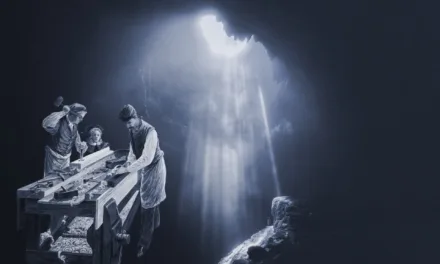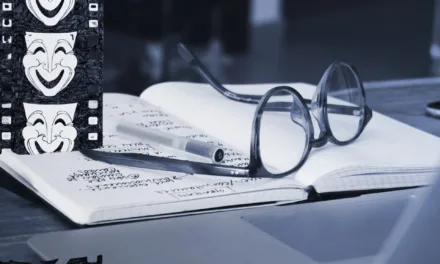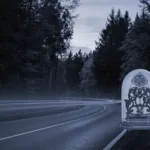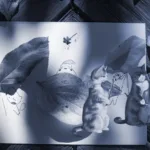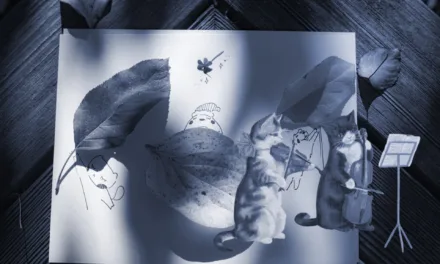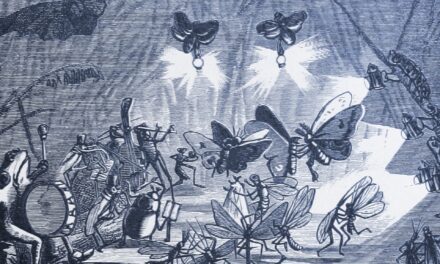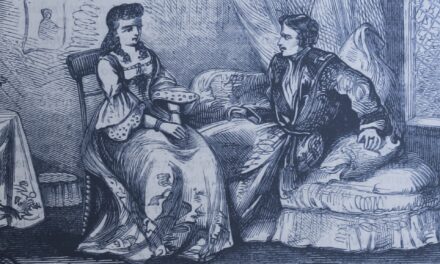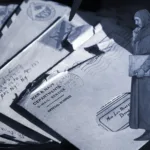
6 Essential Ingredients for Building Your Fantasy World
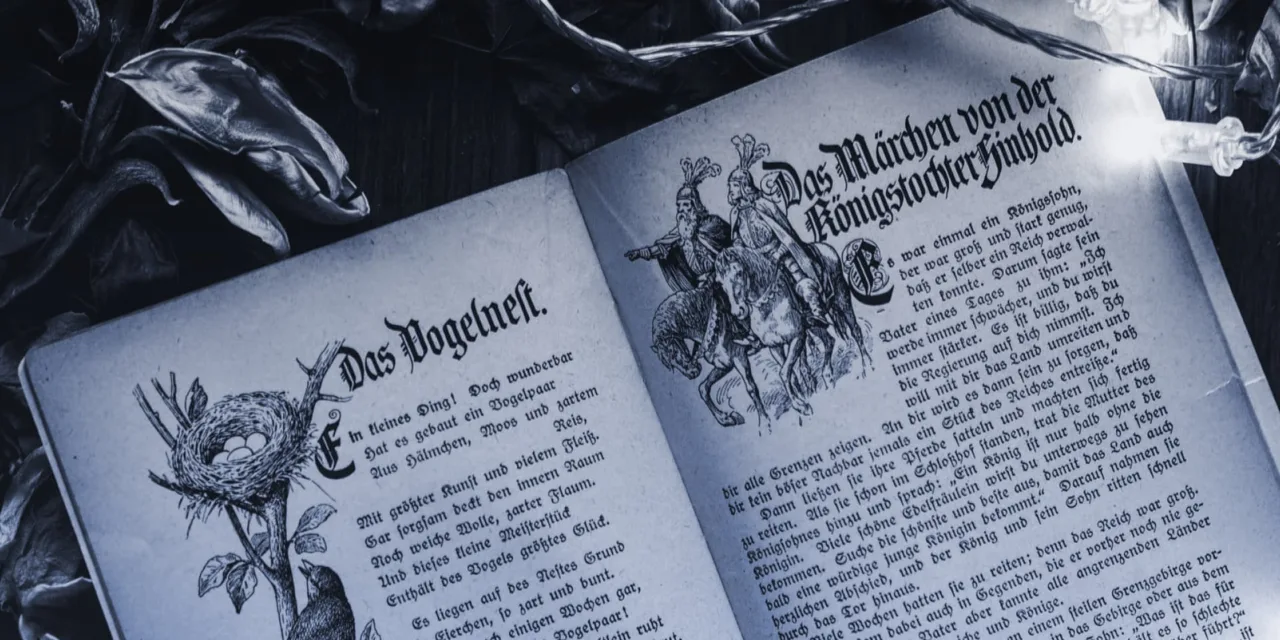
No matter what type of fantasy world you’re writing, it’s easy for your plot to feel one-note if you don’t practice worldbuilding. It’s important to give your fantasy universe depth and complexity.
But how do you go about building a world for your own story? What are the elements that make fantasy worlds so rich, so immersive, and so beloved by readers? Let’s dive into the nitty-gritty of worldbuilding:
Culture
Culture is the way of life, the beliefs and values of a group of people. It’s how they live their lives, how they relate to each other, and how they interact with their environment. In essence, it’s what makes a group of people feel like they’re part of something larger than themselves.
Culture is more than just language or food; it encompasses knowledge about the universe around us (how we know about our surroundings) as well as social institutions (the rules for interacting with others). Culture also includes art and education, so think about the creative lives of the people who inhabit your world, and how (or what) they learn.
Ask yourself questions like: what do your characters believe in? Is religion a big part of your fantasy world? Are there specific customs or traditions that are observed? Are there multiple cultures that span different regions of your world, and do they all speak the same language? Are there any behaviours that are unique to one culture but could be misunderstood by another?
History
Knowing your world’s history is an essential ingredient in building it. The history of your fantasy world will cover a lot of different areas, from politics to geography, right down to personal history and ancestry.
Your characters will have a past, but the history of your fantasy world might affect how they view themselves. Did your characters’ ancestors play a role in important historical events? How do past events affect the lives of your characters today? Think about where your characters come from. What wars were fought over this land? Who ruled here before you started writing about it? What power shifts took place?
The locations where your story takes place need history as well. A castle may be old and well-built enough to have survived attacks by invaders time and time again, but what happened in those battles that led up to those walls being built? Who was responsible for constructing them in the first place, and why did someone decide to build there at all?

Magic
Magic can be used for good or evil; it can be powerful or weak, and it can change the course of history.
Whether your magic system takes the form of true magic or exists as technology instead, it’s important to make sure that it has an internal logic.
Important questions to ask include: what is the source/origin/nature of your world’s magic? Is it inherent in the creation of your world (like in Narnia or Middle Earth), does it come from an outside power (like an ancient deity), or does it exist as a scientific fact (like in Harry Potter)?
How does a character use their gift(s)? Is there just one way to use it, and are there limitations on what spells/powers are available? Is it something you’re born with, or does it need to be learned? Do only certain types of characters possess these powers? If yes, then what makes someone eligible while others aren’t?
A magic system can make or break your story. Build one that isn’t believable, and it will take readers out of your narrative. But give it a logical existence that fits within the fantasy world you’ve built, and it can immerse readers in it completely.
Nature
Nature is the world outside of your characters’ civilised society. This includes everything from the climate to the geography and topography of their world, to any flora or fauna that can be found there. In fantasy novels that involve magic or other supernatural forces, it’s also possible that nature will have a direct relationship with these powers as well.
Consider all aspects of nature when you’re developing your novel’s setting: what kind of climate does it have? Is there anything unique about it, like a river that heals any wound, for example? How do people interact with the natural resources available to them? Are they plentiful enough for everyone in society to survive comfortably on their own land without needing trade from neighbouring villages or kingdoms? What kinds of animals call this place home, and what purpose do those animals serve within society (if any)?

Politics
Political systems are an area where you can have a lot of fun, and it will often help to inform the rest of your fantasy worldbuilding. How are people organised for governance? Who makes the rules? How does one go up or down in social rank? What do people believe about politics, power, and leadership?
In real life, we’re used to thinking of politics as something that happens at a national level, but it can also happen on a smaller scale within specific cities or towns. Does your fantasy world have city councils? Is there a monarch, or are leaders elected? Are there any religious organisations that claim authority over their followers’ lives outside those who are part of their own clergy? Are there multiple political systems that differ by region? If so, do these different systems ever come into conflict?
Currency
Currency is an important part of any developed society, and your fantasy world should have a system in place that allows it to function, whether that be as physical or social currency. The currency you choose for your world will vary depending on several factors, including its level of technology, how widespread literacy is, and what resources are available.
For example, if you’re creating an advanced society with high levels of literacy and technology, then coins may not be used nearly as often as paper bills, or other more ephemeral forms of payment (like through electronic or magical means). Alternatively, if your world is less advanced, or if it’s simply one where people prefer using physical money over the less tangible, then coins might be more common than other forms of currency.
You must also decide whether or not there are different types of currencies throughout your world (for instance, silver shillings from one kingdom, gold doubloons from another). If so, what makes them different? Are these regional currencies? Has their value changed over time? And finally…what’s being used as currency in your story? Is it something tangible (like gold) or intangible (like trust)?
Building a world is an exciting and challenging task. As you get started, keep these tips in mind to help you build something that feels alive and complex, something that feels real. Remember: your story should inform your world-building, not the other way around. Every little detail of your world will influence how your characters move through it, so think about their experiences as you craft the fantasy setting for your next project!

